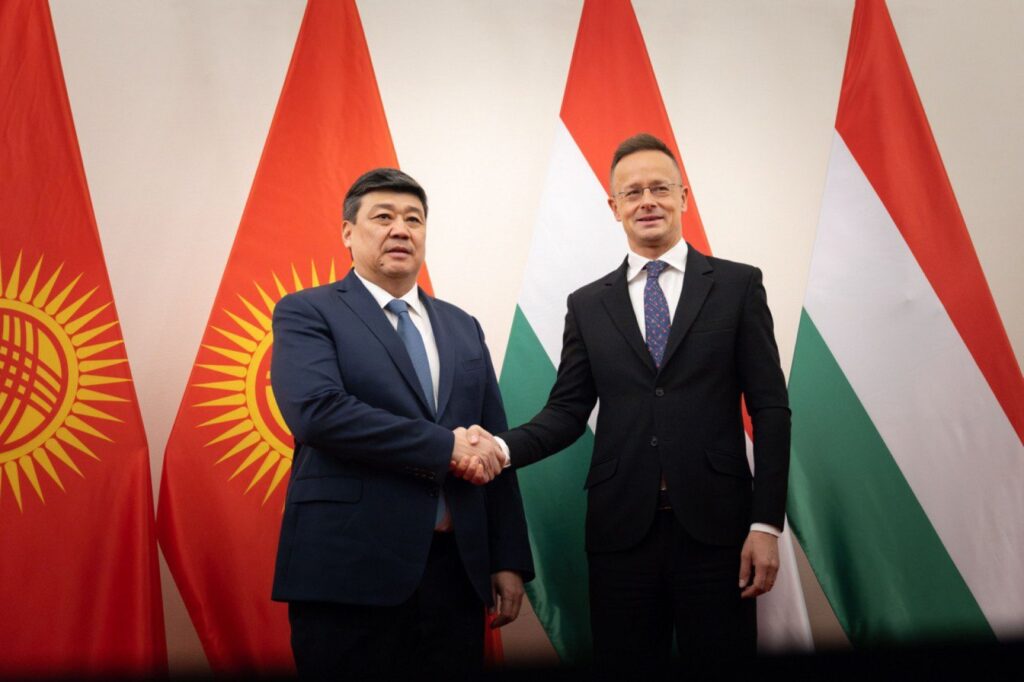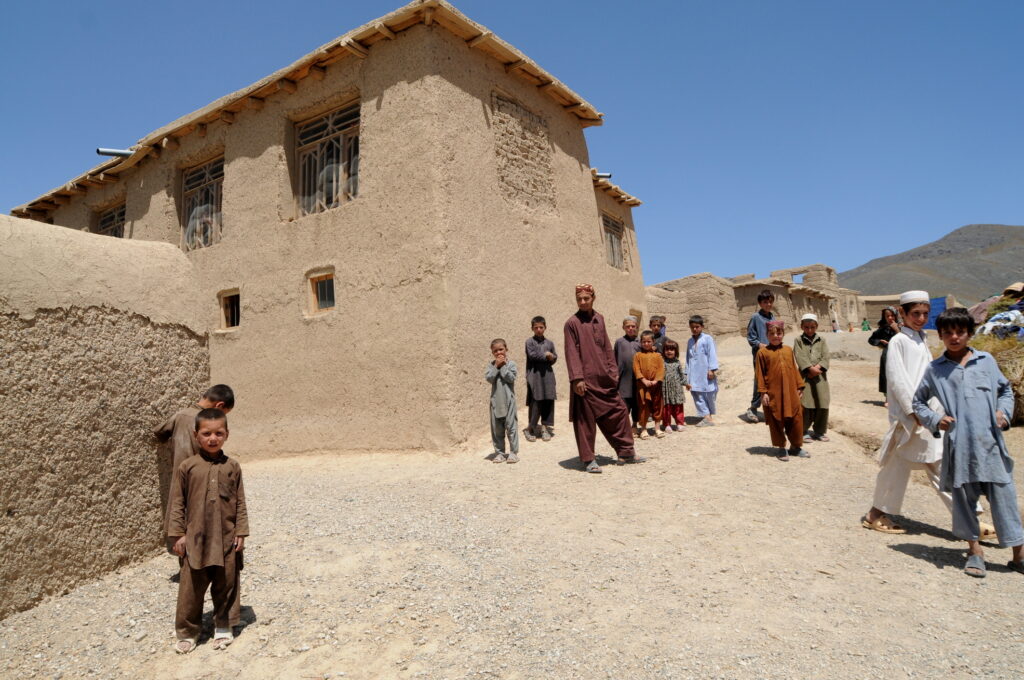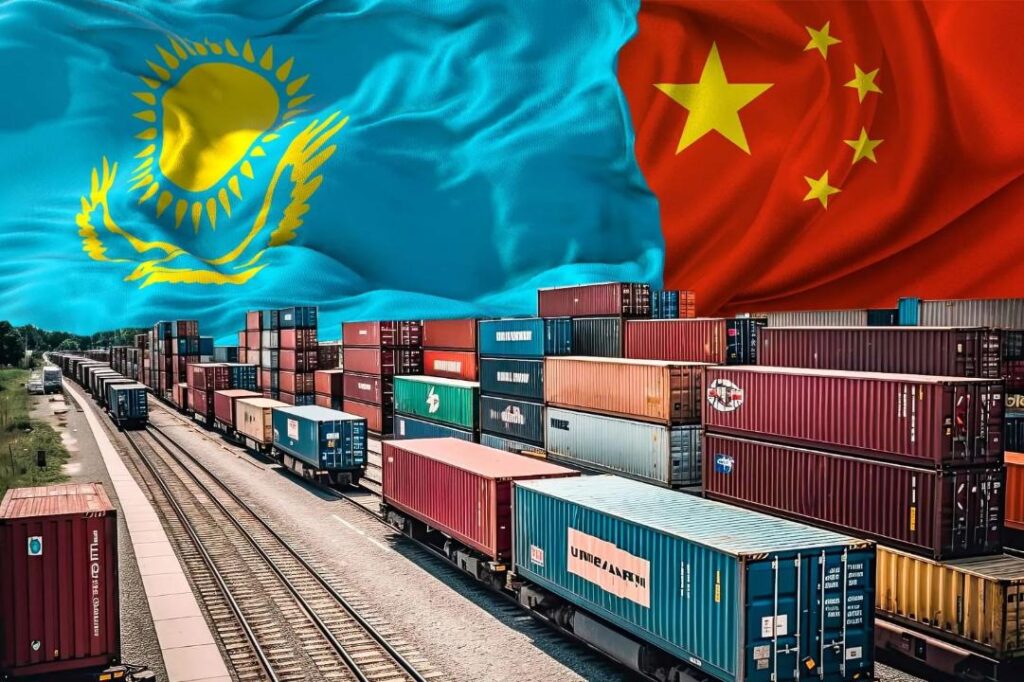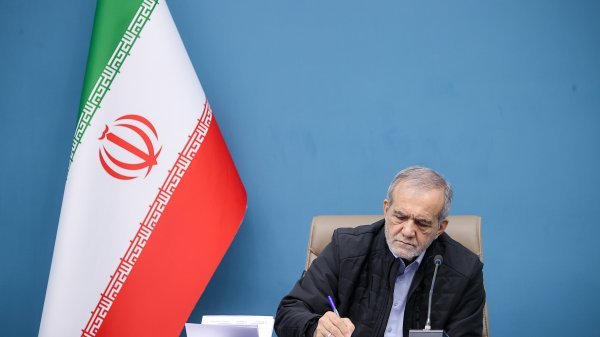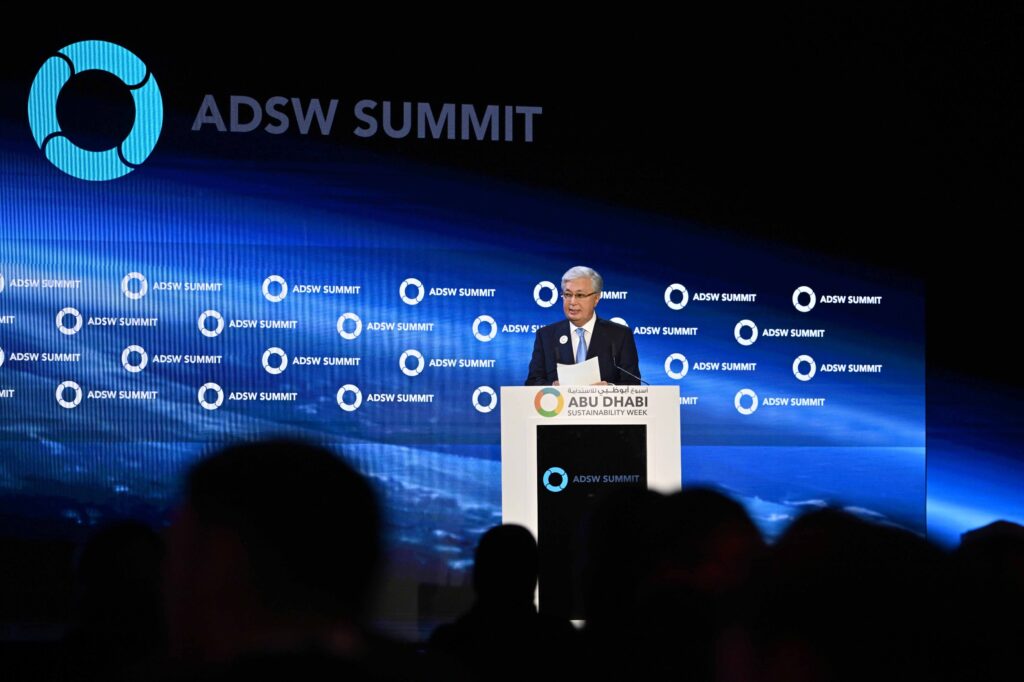Kyrgyzstan Explores Hungarian Agricultural Technologies
The 3rd Kyrgyz-Hungarian Agricultural Forum was held on January 17 in Budapest, Hungary, with the goal of strengthening ties between agricultural companies from Kyrgyzstan and Hungary. According to the Kyrgyz government’s official website, the forum showcased Hungary’s innovative agricultural technologies and solutions to address challenges in the sector. Focus on Innovation and Sustainability At the forum, leading Hungarian agricultural companies presented modern technologies aimed at increasing crop yields, improving irrigation systems, processing agricultural products, and promoting environmentally sustainable farming practices. These innovations align with Kyrgyzstan’s growing need to modernize its agricultural sector and improve productivity. Kyrgyzstan Seeks Hungarian Expertise Speaking at the forum, Kyrgyzstan’s Deputy Chairman of the Cabinet of Ministers and Minister of Water Resources, Agriculture, and Processing Industry, Bakyt Torobayev, emphasized Kyrgyzstan’s interest in Hungary’s expertise. "Hungary is a reliable partner with extensive experience in agricultural technologies, including processing agricultural products, improving plant varieties, and supporting the development of small and medium-sized farms," Torobayev said. He invited Hungarian entrepreneurs to expand their operations in Kyrgyzstan, noting that the country’s new economic policy focuses on three key sectors: agriculture, energy, and transport and transit. Torobayev highlighted Kyrgyzstan’s strategic location at the crossroads of the ancient Silk Road, which offers unique advantages for international trade. He pointed to the ongoing construction of the China-Kyrgyzstan-Uzbekistan railway as a critical infrastructure project to connect Central Asia with China, South Asia, Europe, and beyond. Meeting Between Kyrgyz and Hungarian Officials On the same day, Torobayev held discussions with Hungary’s Minister of Foreign Affairs and Trade, Péter Szijjártó. The meeting centered on implementing the Declaration of Enhanced Strategic Partnership, signed in November 2023 during Hungarian Prime Minister Viktor Orbán’s visit to Bishkek. One key topic of discussion was the preparation of a comprehensive long-term development plan for Lake Issyk-Kul, Kyrgyzstan’s largest lake and a vital tourist destination. The plan aims to address environmentalconcerns such as climate change, ecosystem degradation, and overuse of natural resources. Hungarian specialists, drawing on their experience with Lake Balaton, will collaborate with Kyrgyz counterparts to develop and regulate the Issyk-Kul region. Enhancing Bilateral Cooperation Another significant outcome of the meeting was the agreement to increase the authorized capital of the Kyrgyz-Hungarian Development Fund by an additional $34 million. This fund plays a crucial role in fostering economic collaboration between the two countries. The ministers also discussed: Increasing exports of Kyrgyz agricultural products to Europe, focusing on environmentally friendly produce. Establishing logistics centers that adhere to European quality and safety standards. Hungary’s Growing Interest in Central Asia Hungary has consistently sought to deepen its engagement with Turkic-speaking countries in Central Asia. As an observer state of the Organization of Turkic States (OTS), which includes Azerbaijan, Kazakhstan, Kyrgyzstan, Turkey, and Uzbekistan, Hungary has prioritized economic and cultural ties with the region. Turkmenistan also holds observer status within the OTS.
